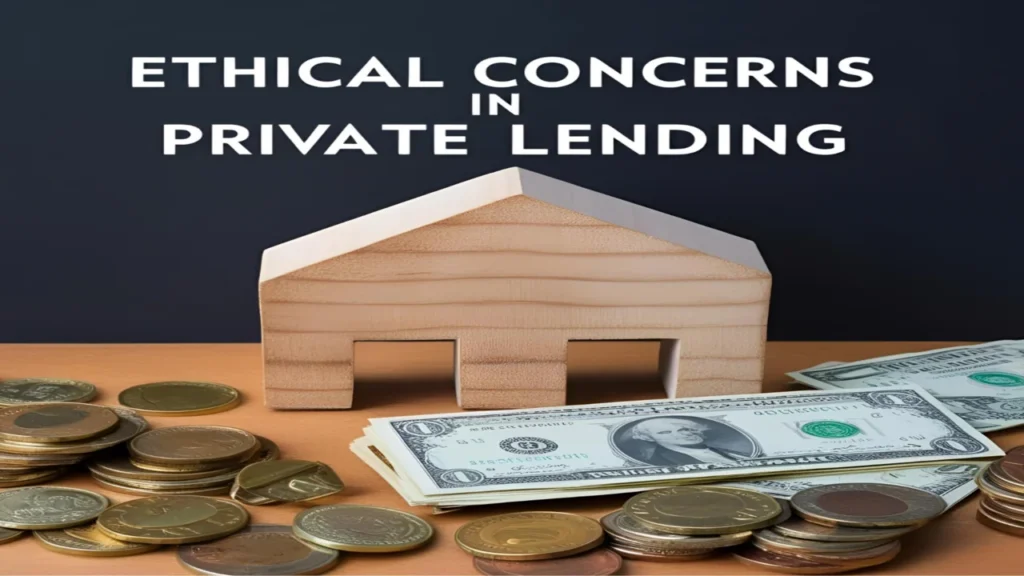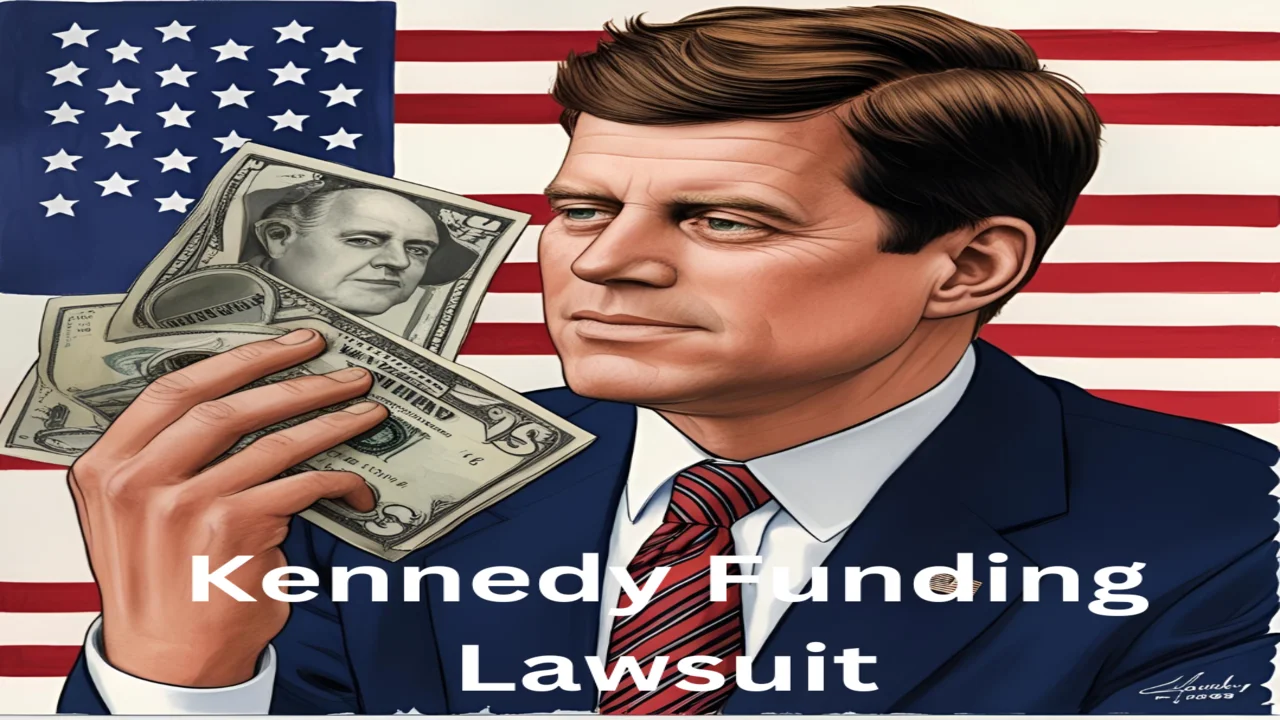Many people are paying close attention to the Kennedy Funding lawsuit because of the seriousness of the accusations and the far-reaching effects they could have on the private lending sector. The commercial real estate loans made by Kennedy Funding, Inc. are notoriously risky, and the company has been embroiled in multiple legal battles over claims of fraud, breach of contract, and predatory lending. For both borrowers and industry players, these cases provide important insights into the ethics and transparency of private lending.
What Is Kennedy Funding?
Private lender Kennedy Funding, Inc. focuses on providing short-term, high-risk loans for business properties. Borrowers who have trouble getting conventional loans are the target audience for the company’s marketing efforts. Kennedy Funding has positioned itself as a trusted source for high-stakes real estate deals, offering quick approvals and flexible terms. But there have been a number of high-profile lawsuits because people are questioning the company’s business practices and model.
Allegations in the Kennedy Funding Lawsuit
Claims of Breach of Contract
Claims of breach of contract are leveled against Kennedy Funding on a regular basis. The corporation has been under fire from borrowers who claim it has broken the terms of their loans. This encompasses cases where borrowers were allegedly put in a vulnerable financial position due to the withholding of funds.
Fraud Allegations
Claims of fraud have formed the basis of multiple lawsuits pertaining to Kennedy Funding. The plaintiffs assert that the company’s actions were deceitful because it provided false information regarding repayment dates, penalties, and loan terms.
Predatory Lending Accusations
Some borrowers have accused Kennedy Funding of engaging in predatory lending practices. Claims involving high interest rates, hidden fees, and confusing loan terms that put borrowers in a tough financial spot are common.
Impact on Borrowers
Some borrowers impacted by Kennedy Funding’s practices have lost a lot of money, had their credit scores dropped, and even had their homes foreclosed on. The significance of openness and morality in the lending industry is underscored by these results.
Court Rulings and Their Implications
Kennedy Funding has been the subject of conflicting judicial decisions. The intricacy of the agreements at issue has been cited by some judges who have sided with the borrowers, while others who have supported the company’s actions. These rulings highlight how important it is for borrowers to do their homework.
Notable Cases Involving Kennedy Funding
Shelton v. Kennedy Funding, Inc.
Kennedy Funding is famous for its involvement in several high-profile lawsuits, including the Shelton case. Virgil Shelton claimed that the business had been dishonest and withheld money from a loan agreement. Following an appeal, the court reduced Shelton’s award from $1.675 million to $675,000 for breach of contract and fraud. Kennedy Funding’s business dealings were controversial and complicated, as this case shows.
Kennedy Funding v. Greenwich Landing, LLC
Kennedy Funding’s foreclosure case versus Greenwich Landing, LLC was another noteworthy instance. The business attempted to seize a home as a result of purported mortgage loan defaults. Kennedy Funding was granted permission to proceed with the foreclosure by the court. The difficulties and potential legal ramifications of high-risk lending were highlighted in this case.
Other Legal Disputes
Many additional lawsuits involving Kennedy Funding have come to light, each revealing a new facet of the company’s operations. All things considered, these instances show how commonplace problems like secret deals, strict loan conditions, and legal dangers for lenders and borrowers persist.
Impact on the Private Lending Industry
Increased Legal Scrutiny
Legal examination of private lending practices has been heightened as a result of the lawsuits filed against Kennedy Funding. The sector’s openness and ethical standards are attracting the attention of regulatory bodies and industry watchers.
Reputation of Alternative Lenders
Alternative lenders’ credibility has taken a hit due to these court battles. Some lenders have started implementing more stringent ethical standards to prevent similar scandals, and borrowers are becoming more wary as a result.
Lessons for Borrowers
These cases teach borrowers important lessons. Essential steps to mitigate risks include understanding loan terms, doing comprehensive due diligence, and seeking legal advice before signing any agreements.
Future of Private Lending
Future regulatory changes to safeguard borrowers and guarantee fair practices in the private lending industry may be influenced by the Kennedy Funding lawsuits. More stringent disclosure requirements and sanctions for unethical behavior are possible components of this.
Ethical Concerns in Private Lending

Transparency Issues
The absence of candor is a common thread in the litigation involving Kennedy Funding and comparable lenders. Disputes arise when borrowers claim they have trouble comprehending the loan’s terms and conditions.
High-Risk Lending Practices
There are moral concerns regarding the duty of lenders to make sure borrowers comprehend the dangers of high-risk loans due to the higher financial stakes involved.
Role of Legal Oversight
In order to keep private lending practices ethical, legal oversight is crucial. Kennedy Funding and similar lawsuits highlight the need for regulatory frameworks to safeguard borrowers.
Borrower Awareness
Unethical lending practices can be reduced through borrower education on their rights and the dangers of private lending. There needs to be an increase in the accessibility of resources and legal advice.
Key Takeaways From Kennedy Funding Cases
Importance of Due Diligence
It is important for borrowers to do their research on lenders and consult with attorneys before signing any agreements. To avoid disagreements in the future, it’s important to know the specifics of a loan.
Lessons for Lenders
In order to establish trust and stay out of legal hot water, lenders should put an emphasis on open communication and ethical practices. They should base their business model on transparency.
Regulatory Improvements
Stronger regulatory measures are needed to guarantee fair practices in private lending, as these cases demonstrate. Penalties for unethical behavior may be tightened and disclosure standards may be mandated in future policies.
Implications for the Industry
By promoting ethical practices and enhancing borrower-lender relationships, the outcomes of these lawsuits have the potential to influence the future of private lending.
FAQs
What are the main allegations against Kennedy Funding?
Claims include breach of contract, fraud, and predatory lending practices.
Why is Kennedy Funding controversial?
The company’s lending practices have been criticized for lack of transparency and ethical concerns.
What is the outcome of the Shelton case?
The initial award of $1.675 million was reduced to $675,000 on appeal.
How can borrowers protect themselves?
Conduct due diligence, seek legal advice, and fully understand loan terms.
What changes could lawsuits like these bring?
They may lead to stronger regulations and better ethical standards in private lending.
Also Read: How Businesses Can Motivate, Reward, and Retain Employees in 2025
Conclusion
The complex nature and difficulties of private lending are highlighted by the Kennedy Funding lawsuit. Legal disputes involving Kennedy Funding have brought attention to serious problems with honesty, ethics, and the dynamics between borrowers and lenders, despite the company’s prominence in high-risk commercial real estate loans. These incidents highlight the need for honesty and thorough research in the field. The lessons learned from these lawsuits will surely influence the future of private lending as borrowers and lenders navigate its ever-changing landscape.

Doris Pollard, a mesmerizing wordsmith and experienced blogger, crafts narratives that carry readers into unexplored realms. Infused with insightful perspectives and vibrant storytelling, Doris’s mastery of language captivates both hearts and minds, making an enduring impression on the literary landscape.

